Queen Mum Agapanthus – 2 Gallon Pot
$49.97 Original price was: $49.97.$34.98Current price is: $34.98.
SKU: D2LSC 5228079851 Category: PLANT COLLECTIONS
- Your needs, our top priority.
- Safe Transactions, Always
- Unbeatable quality, unbeatable prices.
- Quality and Affordability Combined

Queen Mum Agapanthus
Agapanthus orientalis ‘Queen Mum’ ‘PMN06’ PP24651
Plant Details
USDA Plant Hardiness Zones: 7a-10b Find Your Zone
Plant Type: Flowering Perennial
Height or Length at Maturity: 12-18″
Width at Maturity: 12-18″
Spacing: 12-15″ apart for mass plantings; 36″ apart for space between plants
Spacing: 12-15″ apart for mass plantings; 36″ apart for space between plants
Growth Habit / Form: Clumping, Upright
Growth Rate: Moderate
Flower Color: White, Violet
Flower Type: Single flowers clustered on upright spikes
Flower Size: 2″
Flowering Period: Spring, reblooms
Flowering Period: Spring, reblooms
Fragrant Flowers: No
Foliage Color: Medium Rich Green
Fragrant Foliage: No
Berries: No
Sun Needs: Full Sun or Part Shade
Water Needs: Average, low when established
Soil Type: Clay, Loam, Sand, Silt
Soil Drainage: Well Drained Moist
Soil pH: 6.5 – 7.5
Maintenance / Care: Very Low
Attracts: Visual attention, Birds, Butterflies
Resistances: Deer – more info, Disease, Drought, Heat, Humidity, Shade, Insect
Description
‘Queen Mum’ Agapanthus is most recognized for its wonderful show of large flower clusters in spring that stand atop clumps of lush, grassy foliage. The flowers are true white with a vibrant and showy splash of violet-blue at the base of each petal.
Landscape & Garden Uses
With a clumping rather than spreading growth habit to 18 inches tall and wide, Queen Mum Agapanthus is ideal for use as an accent or in small grouping in smaller garden spaces, home foundation plantings, or solo or as a centerpiece in combination container gardens. Outstanding in groupings or massed in sunny landscape borders. A fine addition to Asian gardens, perennial gardens, rock gardens, and tropical-look gardens.
Suggested Spacing: 15″ apart for mass plantings; 36″ apart for space between plants
How To Measure Total Square Feet Of A Planting Area
How Many Plants Needed To Cover A Planting Area?
Note: For our customers who live and garden north of USDA Plant Hardiness Zone 7a, where this Agapanthus variety is not winter hardy, you’ll be happy to know it can be grown in containers that can be brought indoors during winter and placed back outside when temperatures warm up in spring.
Growing Preferences
Agapanthus is easy to grow in most any moist but well-drained soil of average fertility and full sun to part shade. The more sun the better for best flowering. When established, plants are quite drought tolerant requiring supplemental irrigation only during prolonged periods of severe drought. Constantly soggy or wet soils are problematic.
Note: Find helpful advice from our experts under the Planting & Care tab above on desktop monitors or below on mobile devices.
Plant Long & Prosper!
Meet The Wilson Brothers & Staff
Questions? Contact Us!
Be the first to review “Queen Mum Agapanthus – 2 Gallon Pot” Cancel reply
Related products
Sale!
PLANT COLLECTIONS
Luna Cold Hardy Eucalyptus Tree (Eucalyptus Perriniana) – 3 Gallon Pot
Sale!
PLANT COLLECTIONS
Sale!
Sale!
PLANT COLLECTIONS
Sale!
PLANT COLLECTIONS
Sale!
PLANT COLLECTIONS
Sale!
PLANT COLLECTIONS
Sale!
PLANT COLLECTIONS



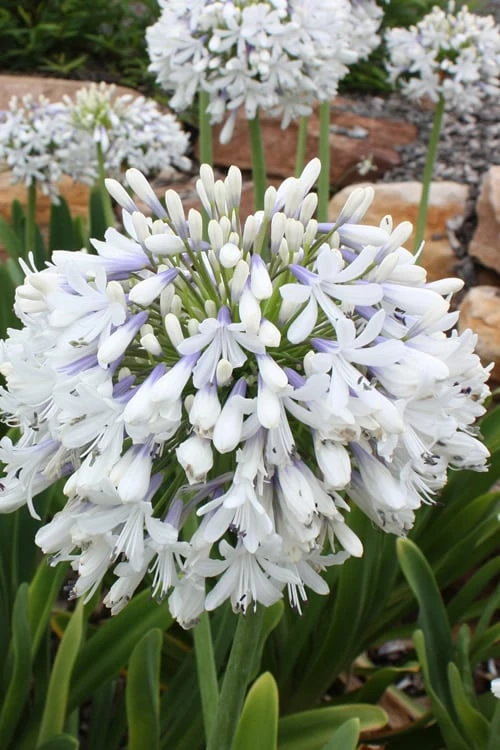
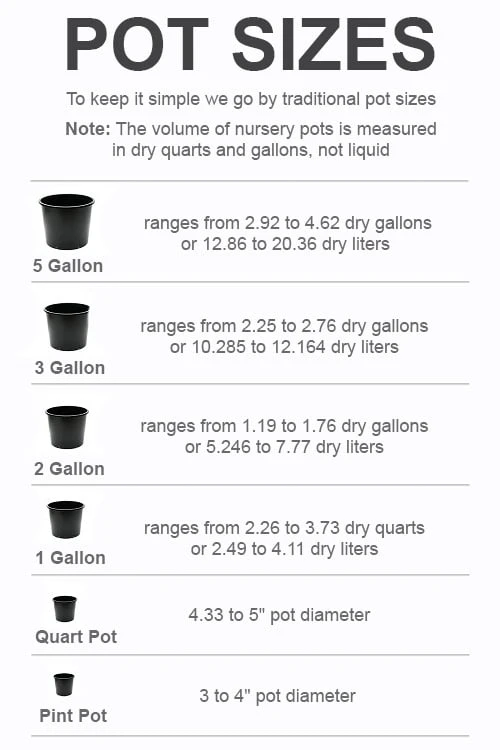
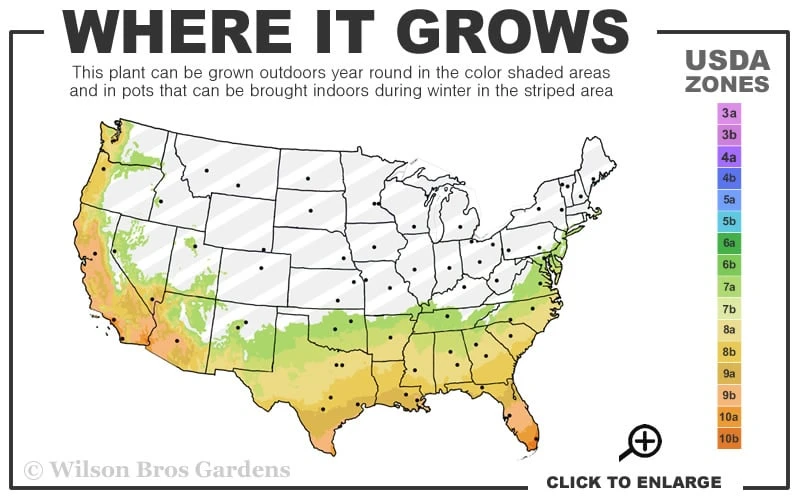


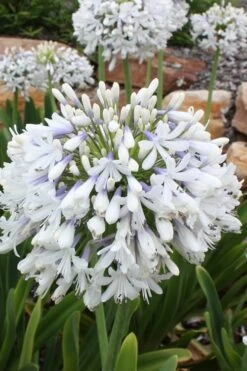


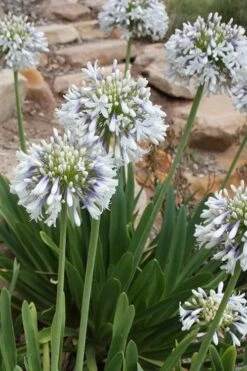
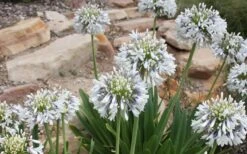
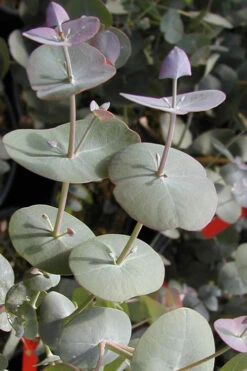
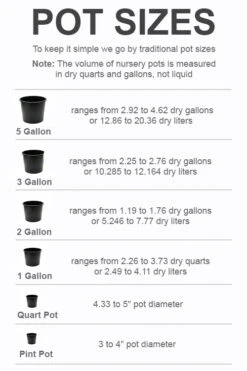
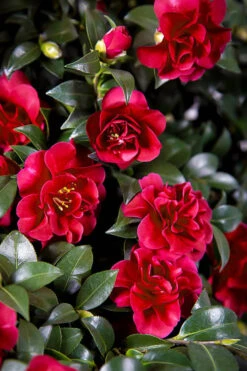
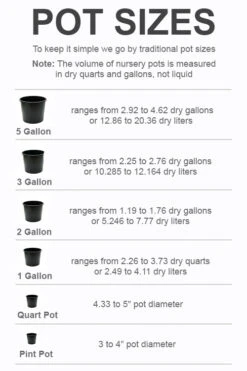
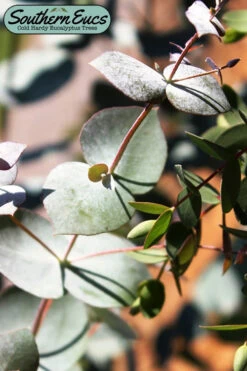

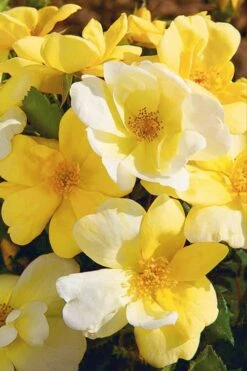
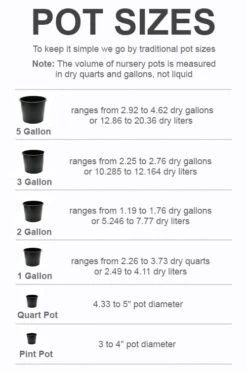
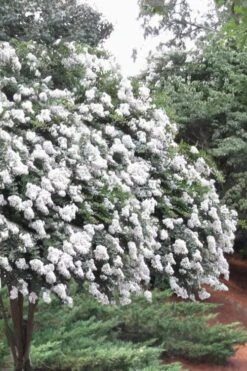
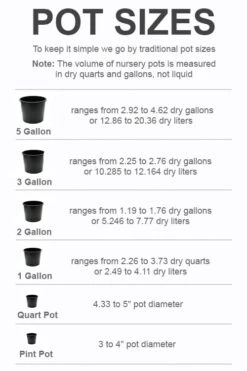
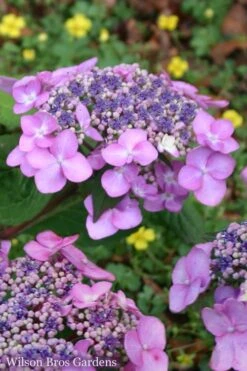
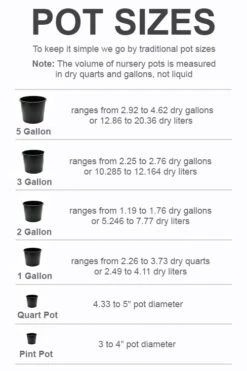
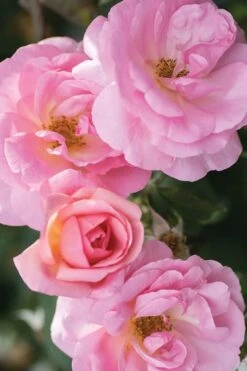
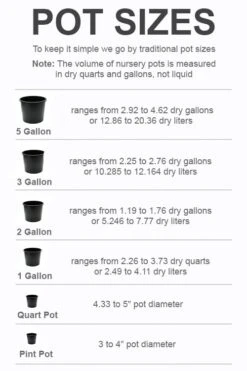
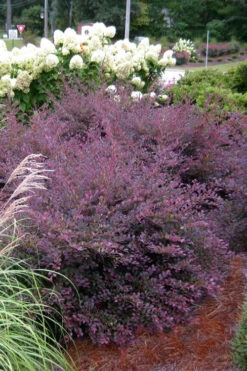
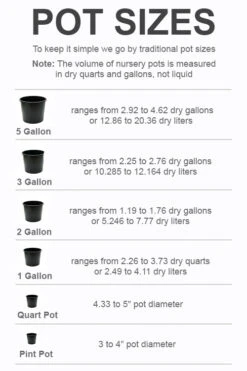
Reviews
There are no reviews yet.